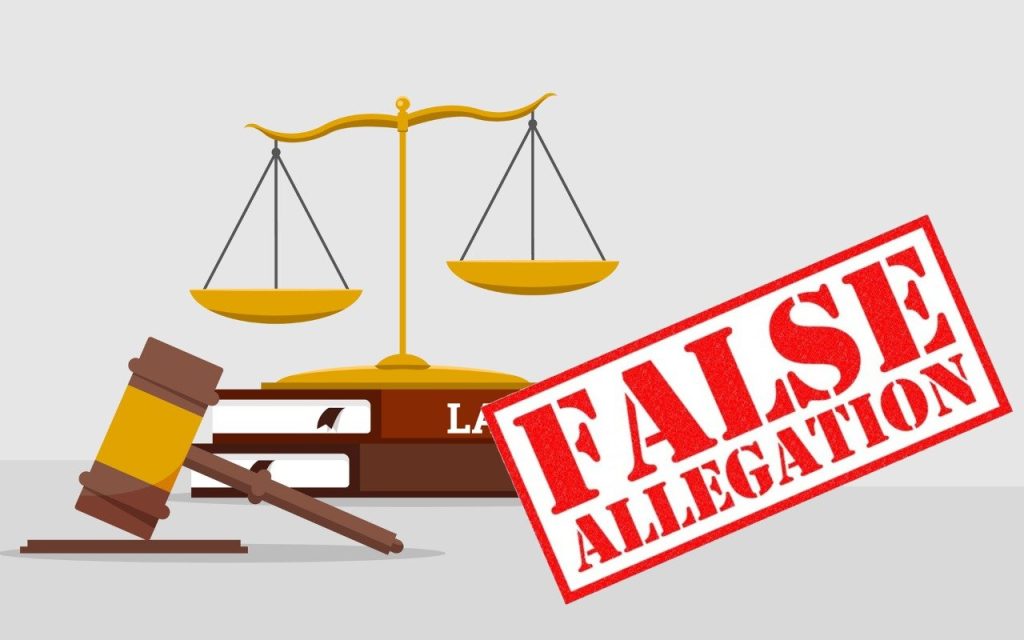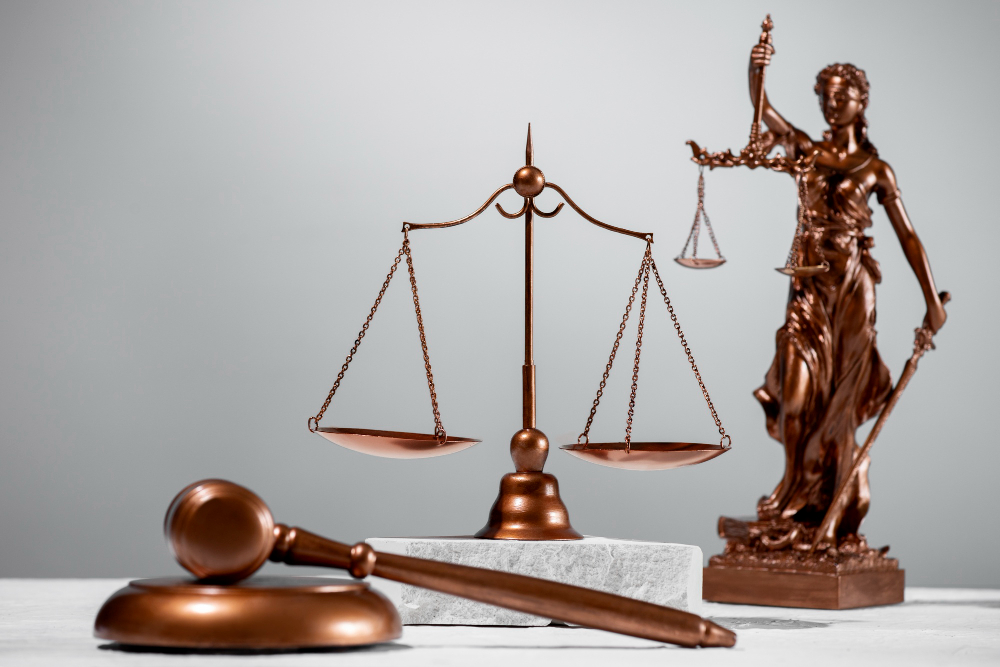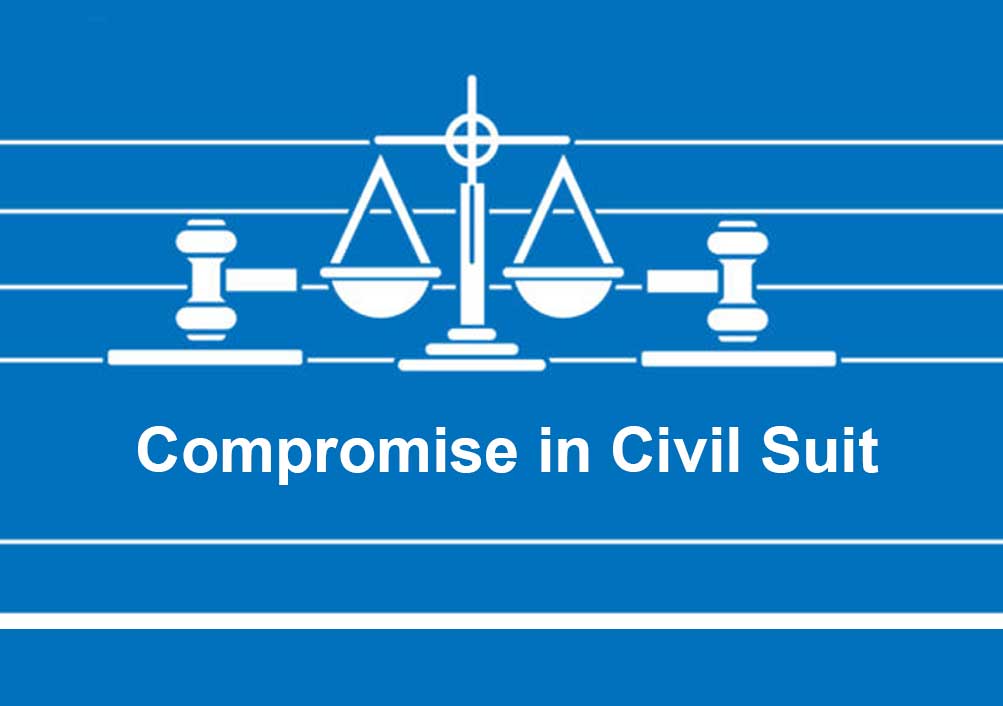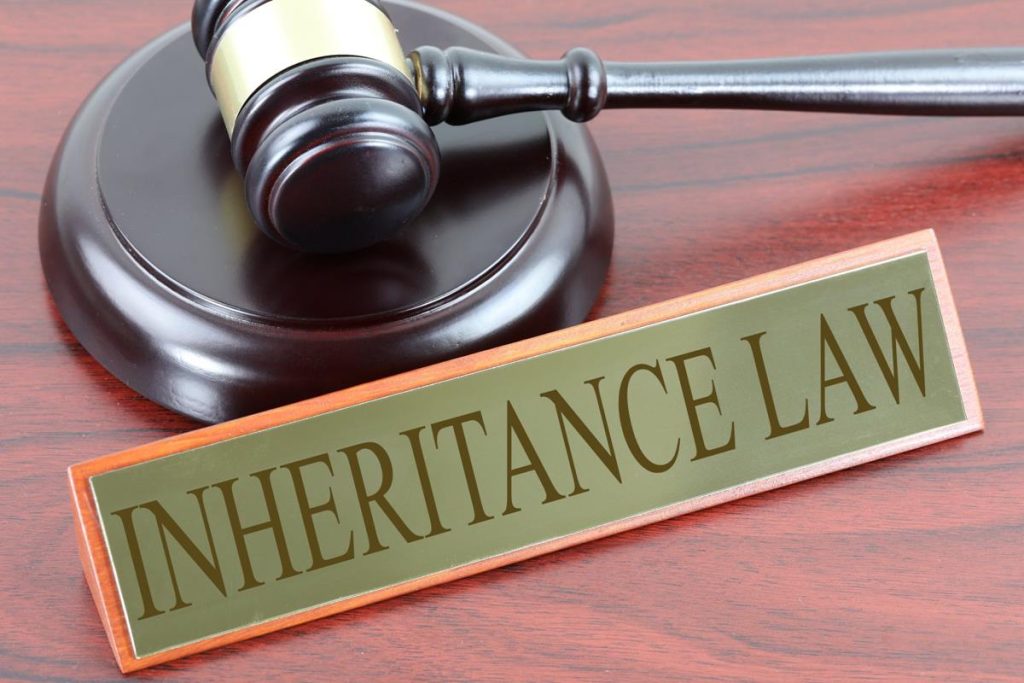Watch this in video form on our Youtube Channel.
Recently, the Pune Juvenile Justice Board has granted bail to a juvenile offender who has committed an heinous offence of drunk and drive, resulting in the death of 2 people. You might have read the fact that the JJ Board had granted bail with simple bail conditions, which has come under a lot of scrutiny by the public at large. In this article, let us see one important provision of law, and it’s interpretation which will hopefully throw light into your understanding of such offences committed by juveniles.
Basically, bail under the Juvenile Justice (Care and Protection of Children) Act, 2015, is governed by a few provisions, with Section 12 being the provision which will guide us here. Section 12 reads,
“12. (1) When any person, who is apparently a child and is alleged to have committed a bailable or non-bailable offence, is apprehended or detained by the police or appears or brought before a Board, such person shall, notwithstanding anything contained in the Code of Criminal Procedure, 1973 or in any other law for the time being in force, be released on bail with or without surety or placed under the supervision of a probation officer or under the care of any fit person:
Provided that such person shall not be so released if there appears reasonable grounds for believing that the release is likely to bring that person into association with any known criminal or expose the said person to moral, physical or psychological danger or the person’s release would defeat the ends of justice, and the Board shall record the reasons for denying the bail and circumstances that led to such a decision.
(2) When such person having been apprehended is not released on bail under subsection (1) by the officer-in-charge of the police station, such officer shall cause the person to be kept only in an observation home in such manner as may be prescribed until the person can be brought before a Board.
(3) When such person is not released on bail under sub-section (1) by the Board, it shall make an order sending him to an observation home or a place of safety, as the case may be, for such period during the pendency of the inquiry regarding the person, as may be specified in the order.
(4) When a child in conflict with law is unable to fulfil the conditions of bail order within seven days of the bail order, such child shall be produced before the Board for modification of the conditions of bail.”
Several Courts have applied this provision strictly, interpreting the use of “shall” in sub-section (1) to mean that bail is mandatory for juveniles irrespective of the nature/ gravity of offence. Some of these cases are; Sachin @ Suraj v. State of Haryana (P&H HC, Neutral Citation no: 2023:PHHC:088616), Md. Ramjani Vs The State of Jharkhand (Jharkhand HC, Cr. Revision No. 253 of 2023), Neeraj v. The State of Haryana (Neutral Citation No:=2023:PHHC:106250).
However, what we must also look at is the use of the words, “ends of justice” in proviso to sub-section (1), which is one of the exceptions, and must surely be given a wider interpretation. Just like how “ends of justice” u/s 482 of Cr.P.C. gives the High Court a wide range of powers which it may use to serve justice in any given facts and circumstances, the same meaning must be attributed to these words under proviso to Section 12(1) of the JJ Act, 2015.
This was rightly noticed by the Madhya Pradesh High Court in the case of CHILD IN CONFLICT WITH LAW S/O SURESH KUSHWAHA v. STATE OF MADHYA PRADESH (CRIMINAL REVISION No. 3976 of 2022, Dt. 23.02.2023).
In the above case, the Madhya Pradesh HC observed, “12. On a bare perusal of the provisions, it is apparent that bail to juvenile is not “must” in all cases as it can be denied by assigning proper reasons. The law does not say that once a person is found juvenile, he should be released on bail notwithstanding the other facts and circumstances of the matter. It is also explicit that the bail can also be denied if the juvenile’s release, in the opinion of the court, would defeat the ends of justice. The phrase “ends of justice” is undoubtedly a meaningful phrase bringing within its sweep many factors including the nature of the crime and the merits of the matter. Normally, in a case of juvenile, the gravity of the offence or nature of accusation are not so material. However, there may be some other facts and circumstances which cannot simply be brushed aside by the court. As far as nature of the offence is concerned, the Act itself differentiates between offences falling into three categories, i.e petty, serious and heinous offences. Time and again, the Supreme Court has cautioned the courts through various judgments to be more sensitive while dealing the matter of heinous offences. However, the general principles as enumerated in Section 3 of the Juvenile Justice Act, 2015 have to be kept in mind as a guiding factor. On one hand, all decisions regarding the child should be based on primary consideration of best interest of the child, on the other hand, the demands of justice of the other side cannot be simply shrugged off. In fact, Society has always been sensitive towards offences against the women and innocent children. Therefore, while considering the prayer for bail in cases related to rape/ aggravated penetrative sexual assault upon a minor, particularly, tender aged girl, the court has to see whether release would not expose juvenile to the danger of retribution by the Society. In cases of rape with child, such a possibility always exists. Where victim is a child, the court would do well in its limit to refuse to exercise discretion vested under section 12 of the Act and bail can also be refused on the ground that release would defeat the ends of justice…”
The MP HC upheld the rejection of bail, considering the serious offence committed by the juvenile.
The same interpretation seems to hold good in the present case where the juvenile has consumed alcohol and driven a luxury car, committing a heinous crime.
Point to be noted here is how the JJ Act itself creates a different category of juveniles if they fall between the age of 16 and 18 years old, and have committed a heinous offence (which is an offence punishable whose minimum punishment is 7 years or more). Irrespective of whether the said offence committed by the juvenile in question here (Ss. 304A IPC r/w 279, 337, 338 IPC) is a “heinous offence” as defined by the JJ Act, 2015, considering the circumstances and the death of 2 individuals, one must balance the interest of justice and deny bail to juveniles accused of such an offence.
Share this article around to spread the knowledge!
Views are personal. Contact for personal assistance.
Subscribe to the Lawyers’ Society Youtube Channel to receive informative legal videos.









